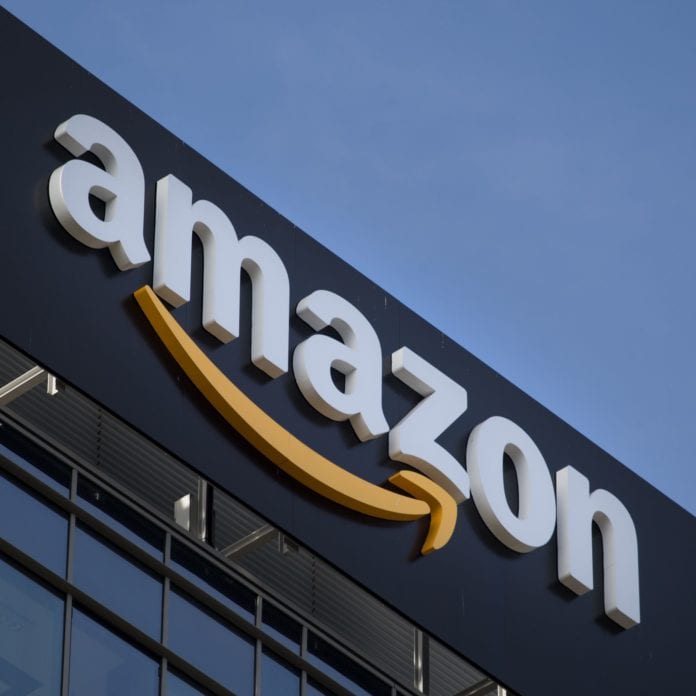Amazon is acquiring MGM Studios’ catalog of 4,000 films and 17,000 television shows for $8.45 billion
Amazon is acquiring MGM Studios for $8.45 billion, marking both the tech giant’s second second-largest acquisition behind the 2017 purchase of Whole Foods for $13.7 billion and the latest development in a larger restructuring of the media and entertainment industry.
Amazon expects that MGM’s catalog of 4,000 films and 17,000 television shows will help propel its film and TV division Amazon Studios to the next level by fattening up the viewing options for its Prime Video members.
“The real financial value behind this deal is the treasure trove of IP in the deep catalog that we plan to reimagine and develop together with MGM’s talented team,” confirmed Mike Hopkins, senior vice president of Prime Video and Amazon Studios. “It’s very exciting and provides so many opportunities for high-quality storytelling.”
Just last week, AT&T and Discovery announced that AT&T would spin off WarnerMedia and combine the company with Discovery, with the mobile operator walking away with $43 billion in cash and debt securities, while holding onto 71% of common equity in the new company. Verizon, too, has been ridding itself of media assets lately, selling them to Apollo Global Management and related entities for $5 billion earlier this month.
So why, as telcos are divesting themselves of media assets, is Amazon going all in? This certainly isn’t the first sign that cloud players are infringing upon the telco industry and its attempts at revenue growth. Even as telecoms firms buddy-up to public cloud companies (like Amazon Web Services, for example), striking deals left and right, there remains a growing concern that this trend might, in the end, spell disaster for telcos.
While joining forces with a public cloud provider will deliver certain advantages for a telco, that advantage will be short lived if these cloud companies completely overtake the telecommunications industry. Further, there are so few big players in the public cloud market, creating a dangerous level of dependency that such an end is more likely.
In fact, according to Synergy Research, the top five public cloud companies, AWS, Microsoft Azure, Google Cloud, Alibaba and IBM, control 80% of the market, with AWS leading the pack.
One deal that offers considerable insight into Amazon’s larger telecom ambitions might be its tie up with Dish, who has made the unprecedented decision to run most of its IT workloads and network functions in the public cloud. Specifically, Dish will leverage AWS’s infrastructure and services to deploy a cloud-native 5G network, allowing the telco to fully automate Operation and Business Support Systems (OSS and BSS).
For years, tech companies like Amazon — but certainly not just Amazon — have been burdening and benefiting from the networks that operators have spent billions to build out and upgrade.
Streaming services like Amazon Prime, which require low latency and greater network capacity, are no different, which is why Amazon’s purchase of MGM, particularly so soon after AT&T abandoned its own media content assets, is so intriguing. It’s almost as if Amazon has always had its eye on telecom but knew that network hardware and software trends would ultimately bring telecom to Amazon.

